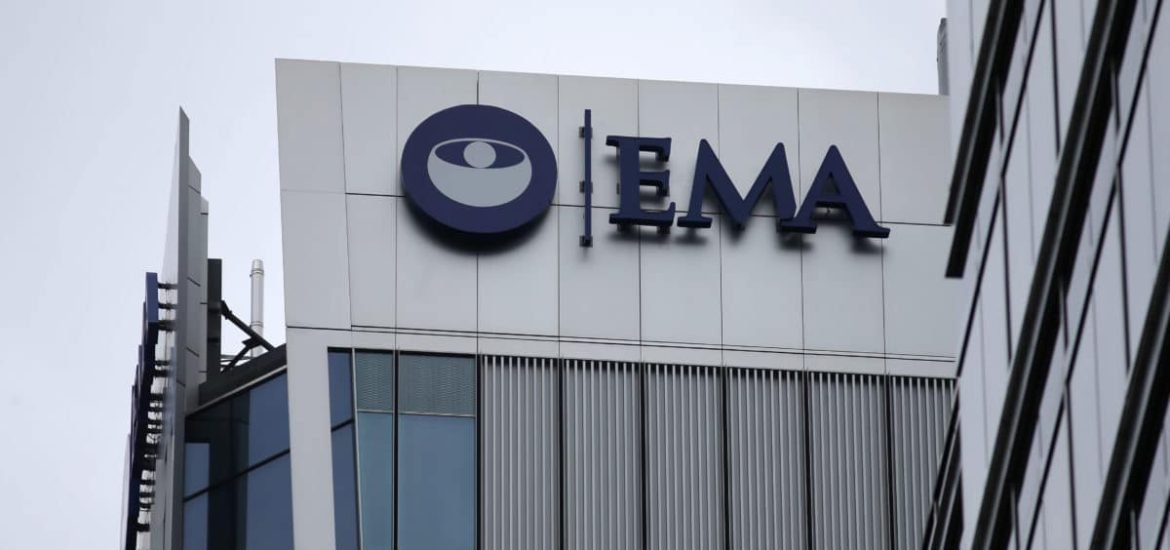
The Association of Medical Research Charities has warned against the risk of delays on access to life-saving medicines for patients in Britain if the UK deviates from EU regulatory standards post-Brexit.
At the present time, no one knows exactly what will happen once the UK leaves the EU. However, reverberations from this decision are starting to worry part of the clinical research community. At first, Brexit was met with much optimism, as it opened ne research opportunities beyond EU regulations. A recent Ethical Medicines Industry Group (EMIG) white paper, even described the life sciences industry as the “jewel in the crown of the UK economy” and emphasised that “the UK life sciences sector will be open to ideas on how to exploit UK industry and research base strengths in a post-EU world”.
Brexit will of course bring the industry a handful of new opportunities, but it also prompts a serious structural disadvantage. An important consequence of leaving the EU single market will be that the UK will no longer be part of the European Medicines Agency (EMA) system. “Cancer Research UK is currently running around 2,000 clinical trials, half of those are in collaboration with an EU [member state]. For example, in 2008 a clinical trial to improve the survival rate of pancreatic cancer patients was set up through funding from the EU”, says Aisling Burnand, chief executive of the Association of Medical Research Charities.
Brexit will possibly lead to licencing issued for UK produced new medicines as well. And another “very real result of this will be that approvals of new drug licences will experience delays when residing outside of the EMA processes”, says Nikki Doyle, graduate academy manager at Clinical Professionals. “Patients with rare diseases are the most at risk from any divergence to the current EU standards” according to Dr Jayne Spink, Chief Executive of Genetic Alliance UK, a charity for patients with genetic conditions. “It is a completely impractical scenario for clinical trials of orphan diseases [whose rarity means an insufficient market for drug investment] to be funded entirely by one state.”
“Currently, the EU allocates €900m to fund over 160 medicinal products and trials for rare diseases. If the UK loses the ability to participate in funding applications, patients will be at a severe disadvantage.” She added that “the EU has a population of over 500 million, it can use its critical mass to leverage support and funding” from government and pharmaceutical companies. After Brexit, the UK will not have such an asset, and therefore patients will have to look for other ways to be heard.
This post is also available in: FR (FR)